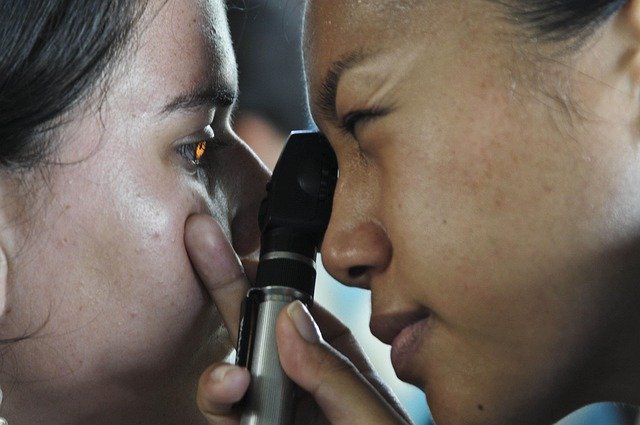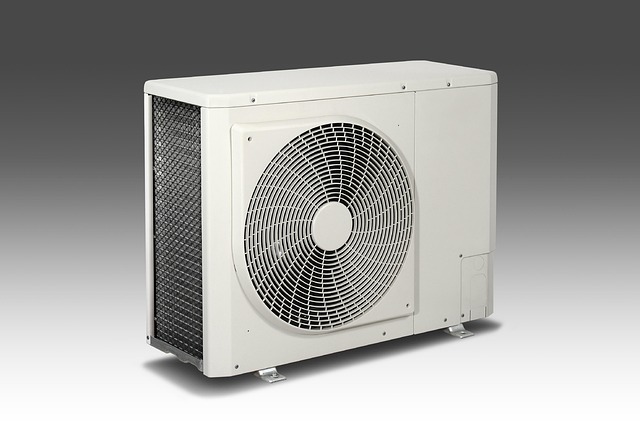Early Signs of Congestive Heart Failure: What to Watch For
Congestive heart failure is a serious condition that affects millions of people worldwide. It occurs when the heart muscle weakens and can't pump blood efficiently to meet the body's needs. Recognizing the early signs of congestive heart failure is crucial for timely intervention and improved outcomes. This article will explore the subtle and often overlooked symptoms that may indicate the onset of heart failure, helping you stay vigilant about your cardiovascular health.

What are the first symptoms of heart failure?
The initial signs of heart failure can be subtle and easily attributed to other conditions or simply aging. However, paying attention to these early warning signals is essential:
-
Shortness of breath: This is often one of the first noticeable symptoms. You may find yourself getting winded more easily during everyday activities or even while lying down.
-
Fatigue and weakness: Feeling unusually tired or weak, even after a good night’s sleep, can be an early indicator of heart failure.
-
Swelling in the ankles, feet, or legs: This condition, known as edema, occurs when the heart can’t pump blood efficiently, causing fluid to build up in the lower extremities.
-
Persistent coughing or wheezing: A dry, hacking cough or wheezing, especially when lying down, may signal fluid buildup in the lungs due to heart failure.
What are the warning signs of heart failure in the elderly?
Older adults may experience some unique or more pronounced symptoms of heart failure:
-
Confusion or impaired thinking: Reduced blood flow to the brain can lead to cognitive issues, including memory problems and disorientation.
-
Loss of appetite: Heart failure can cause abdominal swelling and liver enlargement, leading to a feeling of fullness and decreased appetite.
-
Increased urination at night: This symptom, known as nocturia, occurs as the body tries to eliminate excess fluid when lying down.
-
Rapid weight gain: Sudden weight gain, particularly over a few days, can indicate fluid retention due to heart failure.
-
Dizziness or lightheadedness: Poor circulation can cause these symptoms, especially when changing positions or standing up quickly.
Which signs of heart failure should you not ignore?
While all symptoms of heart failure warrant attention, some signs require immediate medical care:
-
Chest pain or pressure: This could indicate a heart attack or severe heart strain.
-
Sudden severe shortness of breath: Difficulty breathing that comes on suddenly or worsens rapidly may signal acute heart failure or a pulmonary embolism.
-
Fainting or loss of consciousness: This could be a sign of dangerous heart rhythm disturbances or severely reduced blood flow to the brain.
-
Coughing up pink, foamy mucus: This symptom suggests pulmonary edema, a serious complication of heart failure where fluid accumulates in the lungs.
-
Rapid or irregular heartbeat: Palpitations or a racing heart that doesn’t subside could indicate a dangerous arrhythmia.
What are the subtle signs of congestive heart failure?
Some signs of heart failure are less obvious but equally important to recognize:
-
Increased fatigue during daily activities: You may notice that routine tasks like climbing stairs or carrying groceries become more challenging.
-
Changes in sleep patterns: Difficulty lying flat or the need for extra pillows to sleep comfortably (orthopnea) can be a subtle sign of fluid buildup in the lungs.
-
Unexplained weight changes: Gradual weight gain or loss without changes in diet or exercise habits may indicate heart failure.
-
Cold hands and feet: Poor circulation due to a weakened heart can lead to coldness in the extremities.
-
Decreased exercise tolerance: If you find yourself unable to maintain your usual level of physical activity, it could be an early warning sign.
How can early detection improve heart failure treatment outcomes?
Recognizing the early signs of congestive heart failure can significantly impact treatment outcomes and quality of life:
-
Early intervention: Prompt diagnosis allows for timely initiation of medications and lifestyle changes that can slow the progression of heart failure.
-
Preventing complications: Early detection can help prevent severe complications such as kidney damage, liver problems, or dangerous arrhythmias.
-
Improved prognosis: Patients who receive early treatment often have better long-term outcomes and a higher quality of life.
-
Customized treatment plans: Early diagnosis allows healthcare providers to develop personalized treatment strategies tailored to the individual’s specific needs and stage of heart failure.
-
Opportunity for lifestyle modifications: Early awareness gives patients the chance to make significant lifestyle changes, such as adopting a heart-healthy diet and increasing physical activity, which can positively impact their condition.
Recognizing the early signs of congestive heart failure is crucial for timely intervention and improved health outcomes. By staying attuned to subtle changes in your body and energy levels, you can take proactive steps to protect your heart health. If you experience any of the symptoms discussed in this article, especially those requiring immediate attention, don’t hesitate to consult a healthcare professional. Remember, early detection and treatment can make a significant difference in managing heart failure and maintaining a good quality of life.
This article is for informational purposes only and should not be considered medical advice. Please consult a qualified healthcare professional for personalized guidance and treatment.




